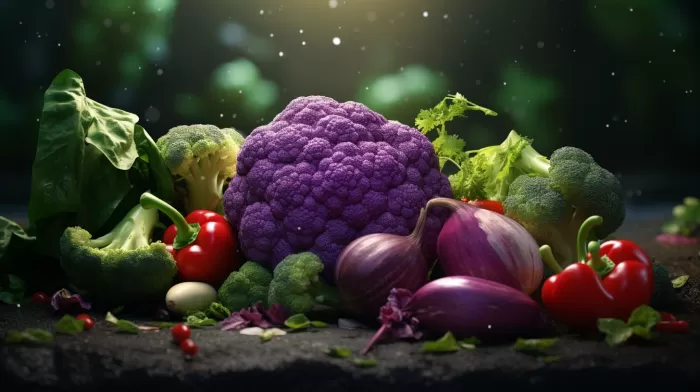Antioxidants and cancer are often discussed together, as a direct imbalance between the two in the body can cause normal healthy cells to turn into cancer cells. You may already be taking one or more antioxidant supplements to combat these effects, such as vitamin C, which has multiple proven benefits concerning cancer, or even intravenous glutathione and lipoic acid, which may be effective alternative cancer treatments. However, the effectiveness of various other antioxidants remains uncertain.
Not all antioxidants are equal
A review of nine clinical trials found that long term antioxidant supplementation, such as beta-carotene, selenium, Vitamin E, Vitamin A, and multivitamins, does very little, if anything, to decrease your risk of cancer. However, this doesn’t mean you should ignore antioxidant supplementation altogether. You may actually gain more benefits from the antioxidant power found in certain vegetables.
The reason for this is that vegetables contain highly bioavailable nutrients that your body can easily absorb. Consequently, the collective effect of the vitamins, minerals, and compounds provided by one’s overall diet – referred to as synergy – tends to yield more benefits than many supplements. The vitamins and minerals your body gains from consuming natural whole food sources are typically more beneficial than supplement equivalents.
Beyond ORAC
When discussing antioxidants in food, people often refer to ORAC (Oxygen Radical Absorbance Capacity). However, some researchers think that measuring “cellular antioxidant activity” (CAA) offers a more biologically accurate representation, as it measures antioxidant activity as it happens within cells themselves.
While increasing your antioxidant status is beneficial, some vegetables offer specific advantages. In an effort to explore the CAA of various vegetables, researchers identified five vegetables with exceptionally potent CAA measurements:
- Beets
- Red pepper
- Eggplant
- Brussels sprouts
- Broccoli
These vegetables possess “the power of 40 CAA.” This becomes meaningful when compared to the next list, which drops to 21 CAA and below, in descending order:
- Cabbage
- Mushroom
- Asparagus
- Green pepper
- Cauliflower
- Spinach
- Carrot
- Chili pepper
- Sweet potato
- Radish
- Yellow onion
- Lettuce
- Potato
- Sweet corn
- Squash
- Celery
- Green pea
- Green bean
- Cucumber
Boosting your antioxidant intake
Undoubtedly, increasing your intake of antioxidants can help prevent cancer, extinguish free radicals, regulate your body’s cell cycle, promote enzyme activity to enhance detoxification, and support better immunity and metabolism. Therefore, you should definitely consume more antioxidants, but make sure that they come from sources that will genuinely contribute to your health.



